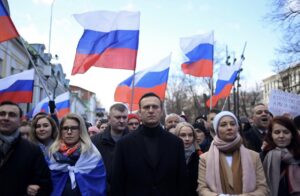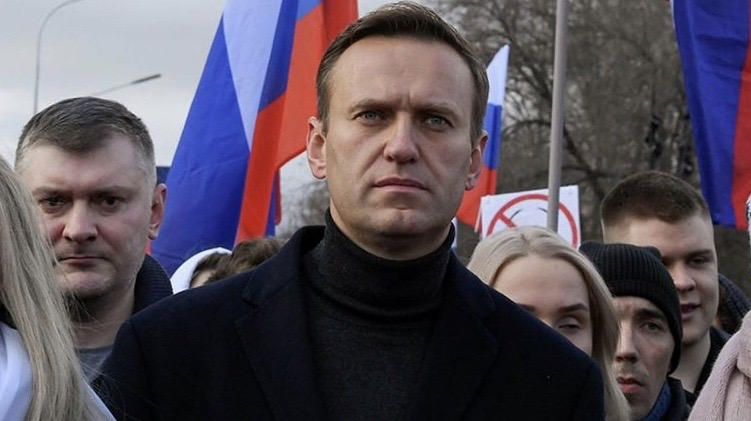BERLIN, GERMANY—Russian leader Alexei Navalny is no longer in a medically induced coma and is responsive, noted his doctors treating him at the Charité hospital in Berlin on Monday, September 7.

Alexei Anatolievich Navalny, 44, is a Russian opposition politician, anti-corruption activist and critic of President Vladimir Putin. He was arrested several times by Russian authorities. In May 2018, he was sentenced to 30 days in prison for attending an unsanctioned protest against Putin in Moscow. Navalny condemned the verdict. In December 2016, Navalny tried to run for President of Russia during the 2018 election, but was barred by Russia’s Central Electoral Commission. The Supreme Court of Russia later rejected his appeal and upheld the ban.
On August 20, Navalny was hospitalized and left in a serious, but stable condition after he was suspected to be poisoned on a flight from Tomsk to Moscow in a possibly politically motivated attack. On August 22, he was taken to Berlin on a medical evacuation flight paid by the German non-governmental organization Cinema for Peace.
In a statement, the Charité hospital said: “The patient has been removed from his medically induced coma and is being weaned off mechanical ventilation. It remains too early to gauge the potential long-term effects of [Navalny’s] severe poisoning.”
Specialists from the German Army determined the poison came from the Novichok family of substances, which was developed by the Soviet Union. In 2018, Sergei Skripal, a former Russian intelligence officer living in England, and his daughter, Yulia Skripal, were also poisoned by a Novichok agent. British authorities accused Russia’s military intelligence service of carrying out the attack. Though the Skripals survived, their whereabouts are hidden.
German authorities affirmed that tests showed “proof without doubt” that Navalny was poisoned. The German government demanded an explanation from Russia. Russia has denied that the Kremlin was involved in poisoning and accused Germany of failing to provide evidence about the incident that it requested.
German Foreign Minister Heiko Maas said on Sunday, September 6, that this situation and how Russia will react to it may determine whether Germany changes its long-standing backing for the Nord Stream 2 pipeline. The pipeline, which is nearly complete, intends to bring Russian gas to Germany under the Baltic Sea, bypassing Ukraine.






